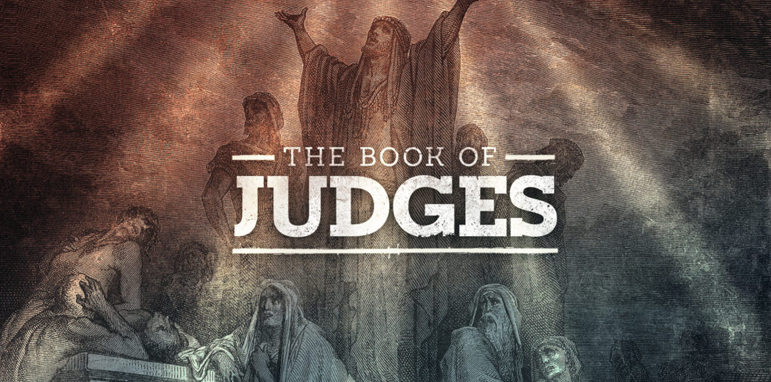Background
Historical Context
The Book of Judges, set between the conquest of Canaan (after Joshua’s death) and the establishment of the monarchy, covers roughly 300 years (circa 1200–1050 BC). During this period, Israel was a loose confederation of tribes, facing frequent internal strife and external threats. Judges were local, often military leaders, raised by God to deliver Israel from oppression and lead them back to faithfulness. The cyclical pattern of sin, oppression, repentance, and deliverance underscores the consequences of disobedience and the Israelites’ need for divine guidance.
Author & Audience
The authorship of Judges is traditionally attributed to the prophet Samuel, although this is uncertain. The book was likely compiled from various oral and written sources during the early monarchy period, addressing an audience familiar with Israel’s tribal confederacy. It aimed to demonstrate the failure of Israel to uphold their covenant with God and the need for strong, centralized leadership under a king, setting the stage for the rise of the monarchy in 1 Samuel.
Structure & Content
Chapters 1 – 21
- Introduction (Judges 1-2): These chapters set the stage by recounting the incomplete conquest of Canaan and Israel’s failure to fully drive out the inhabitants, leading to moral and spiritual decline. They introduce the recurring cycle of disobedience, oppression, and deliverance that characterizes the book.
- The Stories of the Judges (Judges 3-16): This section features the accounts of the six judges, including well-known figures like Deborah, Gideon, Jephthah, and Samson. It details their victories and moral failings, highlighting the gradual corruption and decreasing faithfulness of Israel’s leaders. The narrative becomes increasingly disturbing, illustrating how even God’s appointed deliverers were flawed and, at times, deeply compromised.
- The Corruption of Israel as a Whole (Judges 17-21): These chapters depict the moral and social chaos of Israel, marked by idolatry, civil war, and heinous acts like the story of the Levite’s concubine. The refrain, “In those days, Israel had no king; everyone did as they saw fit,” epitomizes the lawlessness and need for righteous leadership.
Key Lessons
The Dangers of Compromise: Israel’s failure to fully obey God’s commands regarding the Canaanites led to idolatry and moral decay. Partial obedience can lead to significant consequences in our spiritual lives.
Cycles of Sin: The repetitive cycle of sin, oppression, repentance, and deliverance reflects human nature’s tendency to stray from God when times are good and turn to Him only in distress. It’s a cautionary tale about the importance of consistent faithfulness.
Flawed Leaders: Even the judges were imperfect, reminding us that no human leader can fully deliver or save. This points to the need for a perfect, divine savior.
Consequences of Anarchy: The lack of a central, godly leadership resulted in moral and societal chaos. The book highlights the need for Godly governance and obedience to His law.
Author’s Insights
The Book of Judges illustrates the dangers of a society that loses its way when it turns away from God. As the Israelites abandoned their faith, they became indistinguishable from the corrupt cultures around them. The repeated phrase, “In those days Israel had no king; everyone did what was right in their own eyes,” underscores the chaos that follows when people lack moral and spiritual direction.
This message is still relevant today. In the U.S., a decline in faith has contributed to a loss of shared values and an increase in moral confusion. When we look to human leaders to solve spiritual problems, we’re often left disappointed and divided.
The Book of Judges reminds us of the importance of keeping God at the center of our lives and decisions. Just as ancient Israel needed deliverance, we too must turn back to God’s guidance to find true unity and purpose. The Church, with its rich history and enduring presence, has been a constant source of hope and guidance throughout the ages. As we navigate today’s challenges, let’s remember to seek God’s wisdom, extend His love and grace to others, and learn from the lessons of the past.

Leave a Reply